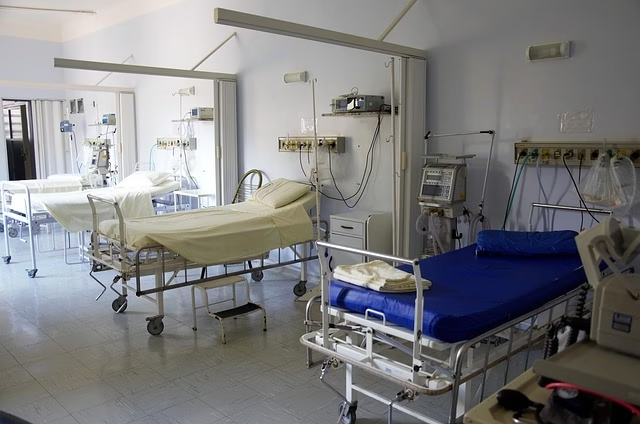How to Handle Your Medical Bills After a Car Accident
Getting injured in a car accident is stressful enough without having to worry about mounting medical bills. However, understanding how to manage these expenses properly can save you thousands of dollars and protect your financial future. Here’s a comprehensive guide to navigating medical bills after an auto accident.
Document Everything from Day One
Car accidents often result in injuries that require immediate medical attention, with an average of 3.8 million emergency department (ED) visits for motor vehicle crash injuries occurring annually. Since medical bills and treatment records play a vital role in insurance claims and legal cases, documenting every aspect of your accident is essential.
Start keeping detailed records immediately. Save all medical bills, receipts, insurance correspondence, and treatment records in a dedicated folder or digital file. Take photos of injuries and maintain a journal tracking pain levels, recovery progress, and medical treatments. This documentation strengthens insurance claims and ensures you have the necessary evidence if legal action becomes necessary.
Understand Your Insurance Coverage Options
Multiple insurance policies may cover your medical expenses. Your auto insurance policy may include Personal Injury Protection (PIP) or Medical Payments coverage, which can help cover immediate medical expenses regardless of who is at fault for the accident. Your health insurance should also cover accident-related injuries, though you may face copays and deductibles. Review both policies carefully to understand coverage limits, waiting periods, and claim procedures.
Given that car insurance premiums in the U.S. average $2,068 annually, understanding your policy’s coverage limits and claim procedures can help you maximize benefits and avoid unnecessary out-of-pocket expenses.
Don’t Rush to Pay Medical Bills
Avoid paying medical bills immediately out of pocket if you were hurt in a car accident caused by another driver. Medical providers understand that auto accident claims take time to resolve and are often willing to wait for payment. Contact the billing department to explain your situation and request payment delays while your insurance claims are being processed. Many hospitals and medical facilities will work with you on payment plans or temporary holds.
Considering that car accidents cost the U.S. $230.6 billion every year—an average of $820 per person, negotiating payment plans or temporary holds can prevent financial strain while your claim is being processed.
Communicate with Healthcare Providers
Inform doctors and billing departments that your injuries resulted from a car crash. Some providers may bill your auto insurance directly, while others require you to submit claims. Inquire about their billing procedures and whether they accept liens, which would enable them to receive payment from settlements.
Work with Insurance Adjusters Carefully
Provide documentation promptly but avoid accepting quick settlement offers. Keep records of all conversations and avoid admitting fault. Insurance companies aim to minimize payouts, so consulting a personal injury attorney before agreeing to a settlement can be beneficial.
Know Your Rights and Legal Options
If the other driver was at fault, their liability insurance should cover your medical expenses. However, insurance companies don’t always offer fair settlements initially. You have the right to negotiate or pursue legal action if necessary. In cases involving serious injuries or disputes over fault, consulting with a personal injury lawyer can help you understand your options and ensure you receive appropriate compensation.
Managing medical bills after a car accident requires patience, organization, and strategic thinking. By documenting everything, understanding your insurance options, and communicating effectively with providers and adjusters, you can protect yourself from overwhelming debt. Remember that you don’t have to navigate this process alone – healthcare billing departments, insurance representatives, and legal professionals are available to help you through this challenging time.



